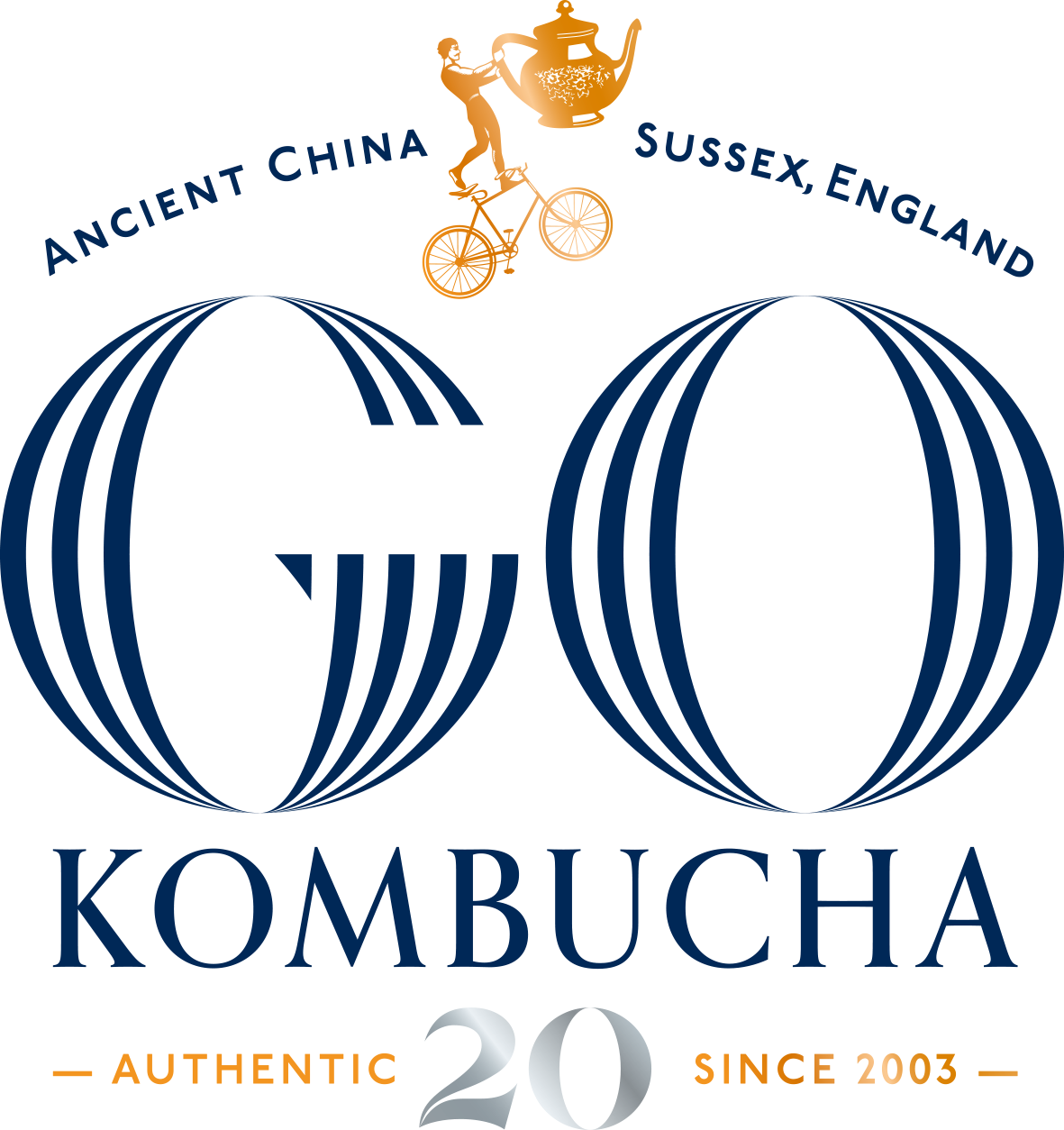ERYTHRITOL NOW ALSO LINKED TO HEART ATTACK AND STROKE, NEW STUDY FINDS
“Natural flavour enhancer” erythritol – 70 per cent as sweet as sugar and often used with steviol glycosides (stevia) to make hyperprocessed “kombucha” more palatable - raises blood pressure and can seriously impact the cardiovascular system in large amounts, a new study - widely reported in the US but not covered in the UK - finds:
https://www.nih.gov/news-events/nih-research-matters/erythritol-cardiovascular-events
330ml of junk soda can contain up to 30g of erythritol; enough to spike levels produced naturally in the blood during glucose metabolism by up to 1000-fold and remain elevated for 2-3 days - on a par with the strongest cardiac risk factors like blood clots, stroke and heart attack. The finding is especially concerning for diabetics, at whom zero sugar products are aimed.
A pint of “low sugar” ice cream like Halo can include 26-40g of erythritol – already known to be linked to bloating, diarrhoea and stomach cramps - and be consumed in one sitting, far outweighing the benefits of the sugar it replaces.
Mass produced, hyper-processed “kombucha” is typically brewed in a weak tea base for speed and over-fermented, the tea being starved of sugar and microbial content. Erythritol is added to rebalance the taste and, with stevia, to sweeten.
Consumers of 12x and 24x multipacks of “no sugar kombucha” on Amazon and Ocado may follow the manufacturers’ advice abd drink up to several cans a day believing them to be healthier than other soft drinks. Factored in with erythritol ingested from other sources, the sugar alcohol cumulatively builds up in the body, potentially to dangerous levels.
Erythritol builds up in the body
Cheap, mass-produced, hyper-processed “Frankenbooch” flooded the UK from Australia after pressure from the food lobby resulted in the lifting of an EU-wide ban on erythritol and stevia in 2018. However, they flagrantly flout UK labelling laws, ignoring the legal requirement to state clearly on their labels that their “kombucha” is processed or hyper-processed in order for the consumer to be able to differentiate their weak, shallow “kombucha” from the real thing, and stating those processes clearly (i.e. pasteurised, filtered, made from concentrate or with added probiotic powder blends).
Furthermore they provide retailers weeks, sometimes months, of free shelf fill to “buy” shelf space resulting in traditional homegrown brands unable to compete for and being delisted from the likes of Whole Foods and Planet Organic. Some homegrown brands, like Wild Fizz and Kombucha Kat, have been forced to shut down as a direct result.
In 2023, the WHO included stevia on a list of sweeteners to avoid citing risks to health, while another study reported how low pH, acidic drinks such as kombucha always corrode and leak aluminium via the can lining in various amounts depending on factors like shelf life and storage temperature (see adjacent blogs).
All of these adverse factors serve to erode the legacy of nature’s time-honoured gift.

